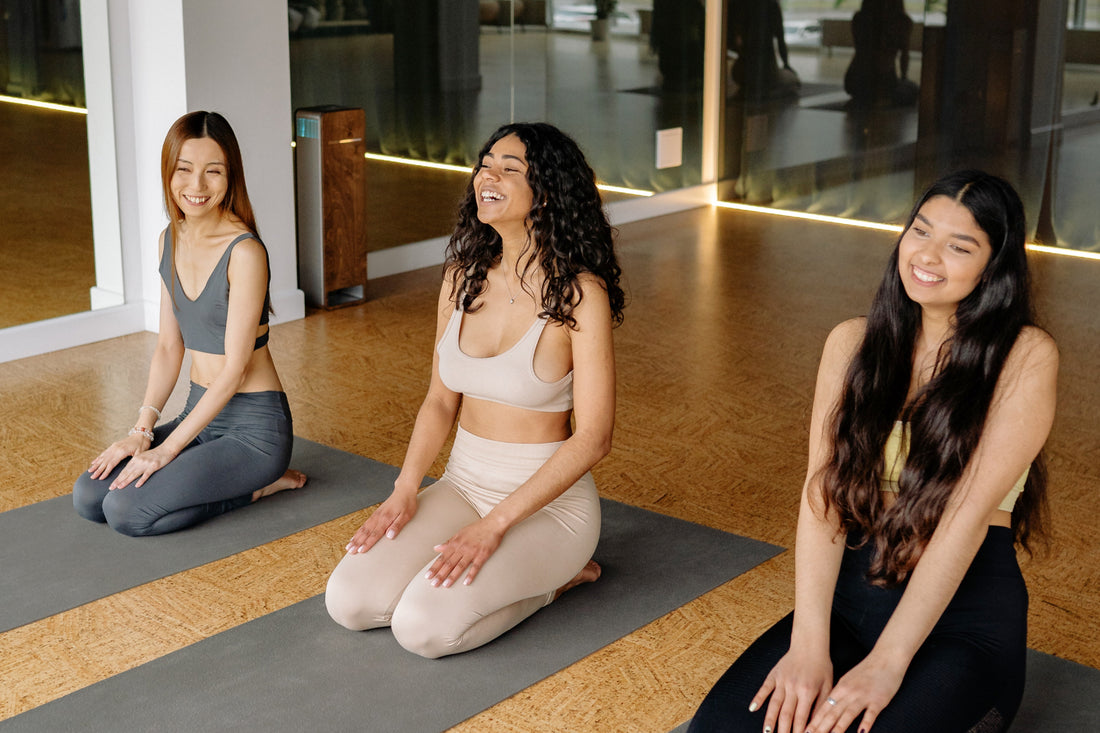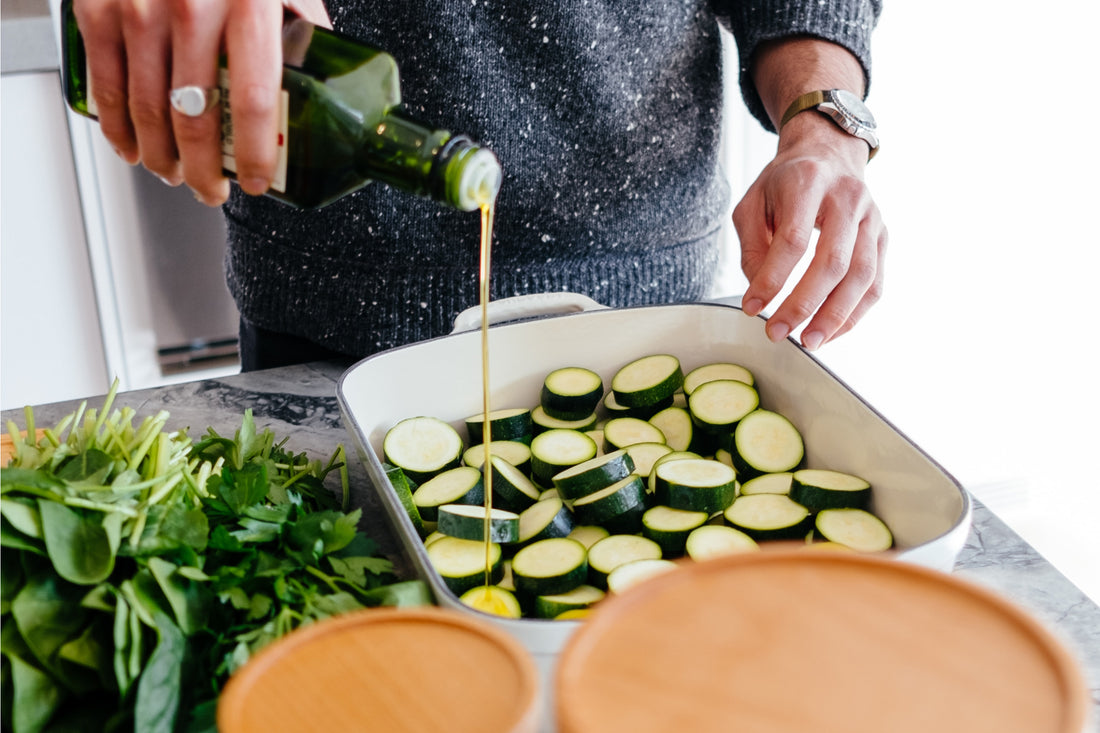El Día de Acción de Gracias es un día para dar gracias. Probablemente ya te habrás dado cuenta de eso por la pista no tan sutil del nombre, pero quería reiterarlo de todos modos. Con el paso de los años, parece que el Día de Acción de Gracias (y la temporada festiva en general) se ha transformado de un momento de gratitud a un momento de excesos. Nos reunimos alrededor de una mesa cubierta de comida y comemos hasta que apenas podemos movernos. Luego, algunos de nosotros dejamos a nuestra familia y amigos para ir a hacer cola y conseguir una oferta en un televisor nuevo o un iPad en nombre del Viernes Negro.
No me malinterpreten, no estoy menospreciando ninguna de estas prácticas. Lo único que digo es que, con todo el ajetreo y el bullicio, parece que, de alguna manera, nos hemos olvidado del motivo de esta temporada : la gratitud.
¿Qué es la gratitud?
Existen varias definiciones de gratitud, pero mi favorita es la de Robin Stern, Ph.D. y Robert Emmons, Ph.D. del Centro de Inteligencia Emocional de Yale . Ellos definen la gratitud como “un estado mental que surge cuando afirmas algo bueno en tu vida que viene de fuera de ti, o cuando notas y disfrutas de pequeños placeres”.
La gratitud no es un sentimiento aleatorio que está fuera de tu control; es una creencia afirmada de que siempre hay algo por lo que estar agradecido, incluso cuando las circunstancias parecen difíciles.
Beneficios comprobados de la gratitud
La gratitud tampoco es una idea de la nueva era; los beneficios sociales, psicológicos y físicos de la gratitud han sido bien documentados en cientos de estudios de investigación. Practicar la gratitud aumenta la felicidad, reduce la ansiedad y la agresión, mejora la autoestima y fortalece las relaciones. La gratitud también puede reforzar el sistema inmunológico, reducir la presión arterial, mejorar el sueño y reducir los dolores y molestias. Las personas agradecidas también tienden a ser más serviciales, compasivas, indulgentes, pacientes y resilientes.
Al principio, el acto de practicar la gratitud puede parecer solo eso : un acto. Pero a medida que lo hagas con regularidad y lo conviertas en parte de tu rutina diaria, se volverá más natural y notarás un cambio gradual tanto en tu salud como en tu estado de ánimo.
Formas de practicar la gratitud
Entiendo que todos estamos ocupados y que no siempre es posible devolver todo lo que quisiéramos, pero afortunadamente la gratitud no tiene por qué ser un acto enorme y demostrativo. Hay formas de practicar la gratitud en silencio todos los días.
- Lleva un diario de gratitud. Cada mañana, a primera hora, escribe algo por lo que estés agradecido. Puede ser algo tan sencillo como tener una almohada para dormir o la posibilidad de ver salir el sol.
- Sonríele a un extraño y dile “buenos días” , y dilo en serio.
- Haz al menos un cumplido al día. Puede ser a un familiar, un amigo o un perfecto desconocido. Solo asegúrate de que el cumplido sea genuino. La gente suele darse cuenta cuando eres sincero.
- Acepta los cumplidos que te hagan. En lugar de restarles importancia o desanimarte en respuesta a un cumplido, sonríe y di "gracias".
- Llama a alguien cercano a ti y dile cuánto lo aprecias.
- Comprométete a tener al menos un día a la semana en el que no te quejes de nada. Si notas que empiezas a quejarte, toma nota, reconoce el comportamiento negativo e intenta darle un giro positivo.
- Agradezca a alguien que brinde un servicio en su comunidad : un oficial de policía, un guardia de cruce peatonal o el maestro de su hijo, por ejemplo.
- Envía silenciosamente pensamientos positivos y amor a las personas que no te agradan.
- Mírate al espejo y di "te aprecio".
- Coloca palabras, citas o imágenes de agradecimiento en tu casa. Cuando las leas, recuerda que debes detenerte y agradecer por ese momento.
- Escribe una carta a alguien que haya tenido un impacto positivo en tu vida. Léesela personalmente o envíasela por correo.
- Aprecia cada momento. Si te sientes estresado o ansioso, detente y mira a tu alrededor. ¿Qué ves, hueles y escuchas? Permitirte absorberte en un momento ayuda a calmar tu mente para que puedas disfrutar del momento presente.
- Reemplaza cada día un pensamiento desagradecido por uno agradecido. Por ejemplo, si te dices: “¡Esta casa está tan desordenada! ¡No la soporto!”, reemplázala por “Estoy agradecido de tener un techo sobre mi cabeza, a pesar del desorden”.
- Agradece a tu cuerpo por todo lo que hace por ti. Agradece a tu corazón por latir, a tus pulmones por permitirte respirar y a tus piernas y pies por llevarte de un lugar a otro.
- Practique actos de bondad al azar. Pague el peaje al conductor que va detrás de usted, coloque una moneda de veinticinco centavos en un parquímetro vencido, dé de comer a una persona sin hogar, ayude a una persona mayor a cargar sus compras en el automóvil o envíe flores a un amigo que podría necesitar un poco de aliento.
- Come despacio y saborea cada bocado. Presta atención al sabor de cada bocado y agradece que tengas comida para comer.
- Escribe una carta a un niño. A los niños les encanta recibir correo.
- Ofrécete a hacer un mandado o a hacerte cargo de una responsabilidad para alguien que lo necesite. Puedes ofrecerte como voluntario para llevar los bocadillos para la clase de tu hijo, sacar a pasear al perro de tu vecino mayor o encargarte del transporte compartido por un día.
- Permítete valorar las cosas que crees que pueden ser triviales. Dos horas libres para ver una película, conseguir el trozo de tarta con más glaseado y tener suficiente agua caliente para bañarte pueden parecer cosas pequeñas, pero estar agradecido por las pequeñas cosas definirá tu actitud.
- Respira. Respirar es una respuesta involuntaria, por lo que a menudo no nos damos cuenta de lo poderosa que es. Tómate unos minutos cada día para concentrarte en tu respiración y apreciarla.






